Never before have businesses been able to build billion-dollar valuations in so little time. Never before have incumbent enterprises been able to go out of business so quickly. Disruption is now commonplace, and augmented reality (AR) is emerging as yet another avenue to turn industries on their heads. But what direction will this new technology take?
AR overlays digital information on the physical world using a smartphone (think Pokémon Go) or a headset. In its simplest form, AR is simply a rectangular display floating in front of the eyes, à la Google Glass. More advanced forms will drop video game characters or useful information seamlessly onto physical objects, from homes to industrial warehouses.

While virtual reality is moving into a more commercial phase, AR is a little earlier in its development. But AR’s potential practical applications are significant. So, what’s in store for AR in the coming years?
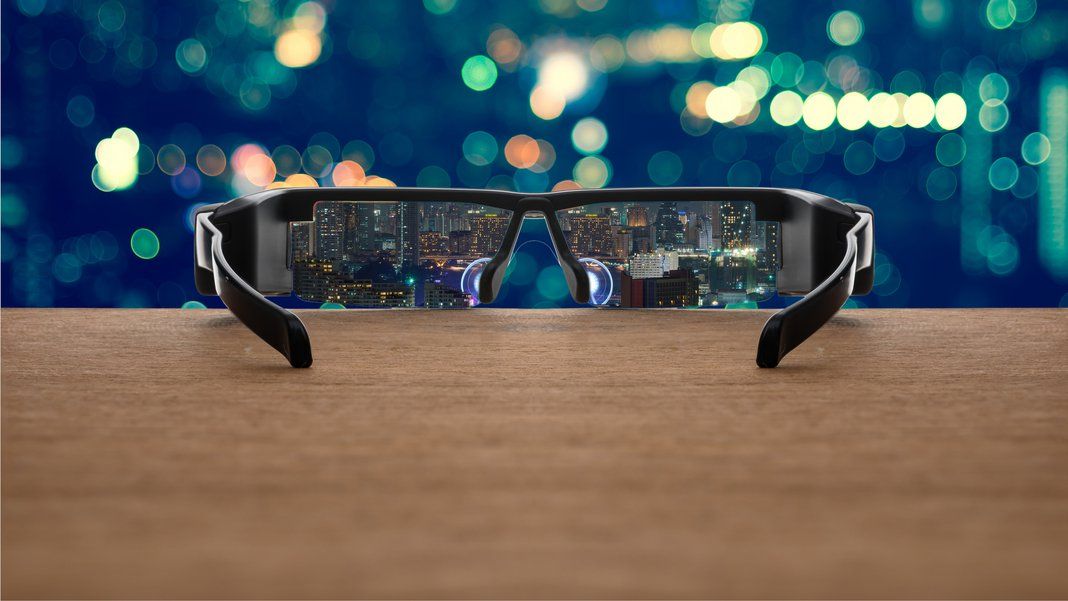



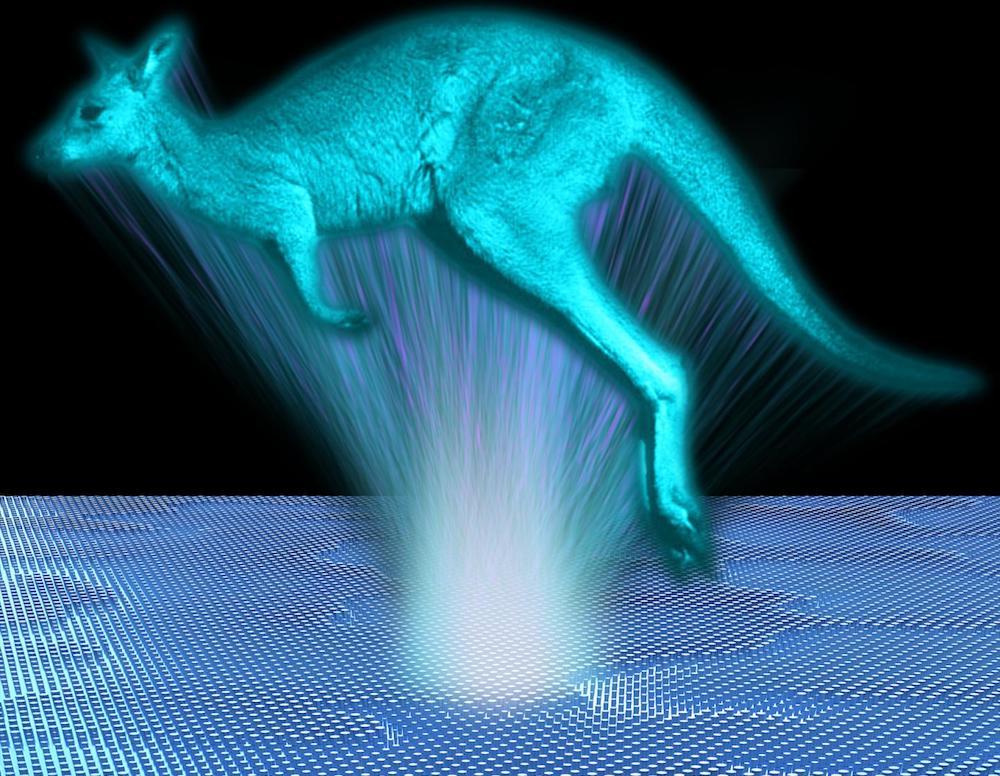


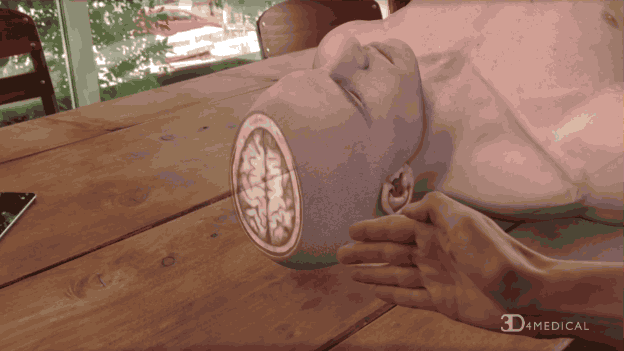
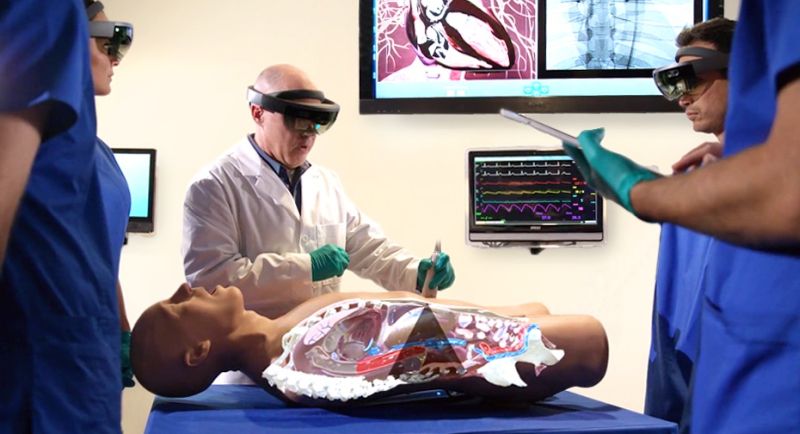
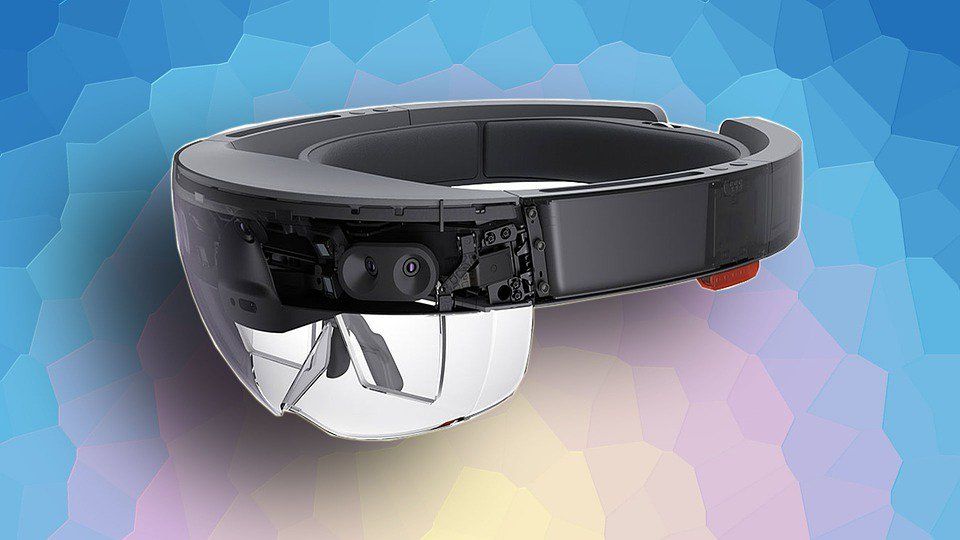
 עברית (Hebrew)
עברית (Hebrew)